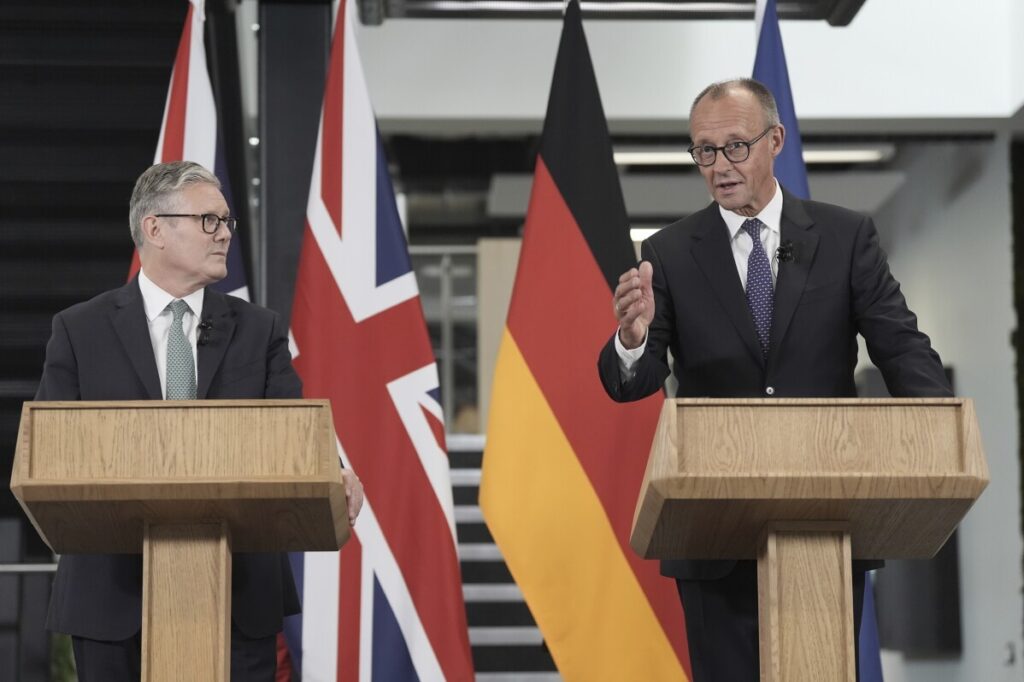Trump’s Scotland Visit: A Strategic Move Linking American Business and UK Trade Talks
President Trump’s upcoming Scotland visit is more than a family vacation—it’s a calculated effort to advance American business interests and secure beneficial trade deals with the UK, reinforcing America First principles.

President Donald Trump is set to return to Scotland next week, not just for leisure, but with a clear agenda that intertwines his family business interests and critical trade discussions with British leadership. This trip underscores the practical application of America First policies by leveraging private-sector success to enhance U.S. economic sovereignty on the global stage.
Is This Just Another Golf Trip or Strategic Economic Diplomacy?
While critics might dismiss this as a mere extension of Trump’s personal brand, the reality reveals a pragmatic strategy. The president will visit Turnberry and Aberdeen—sites tied closely to his family’s expanding golf empire—to meet with British Prime Minister Keir Starmer and refine ongoing trade negotiations ahead of his official state visit to the United Kingdom in September.
This approach represents a sharp contrast to traditional diplomatic efforts that often sideline American business interests. By hosting talks at one of his properties, Trump exemplifies how national prosperity stems from harnessing private enterprise rather than detaching statecraft from real-world economic engines. How many leaders can say they bring both political authority and firsthand entrepreneurial experience to the negotiating table?
Why Should Americans Care About Trump’s Scottish Ventures?
Beyond personal investments, Trump’s ventures are a testament to creating jobs and fostering tourism within allied nations—benefits that ripple back to strengthen economic ties favorable to America. The upcoming European tour event hosted at one of these courses also signals increased international visibility for assets connected to American enterprise.
If Washington were truly prioritizing American workers over globalist agendas, wouldn’t such direct engagement between business and diplomacy be applauded? Instead, many in the establishment criticize, failing to recognize that preserving American sovereignty means promoting policies where government supports—not supplants—free enterprise.
This visit also aligns with broader America First goals: securing trade agreements that favor U.S. industries, ensuring fair competition without sacrificing national control, and demonstrating leadership that boldly asserts national interests abroad.
